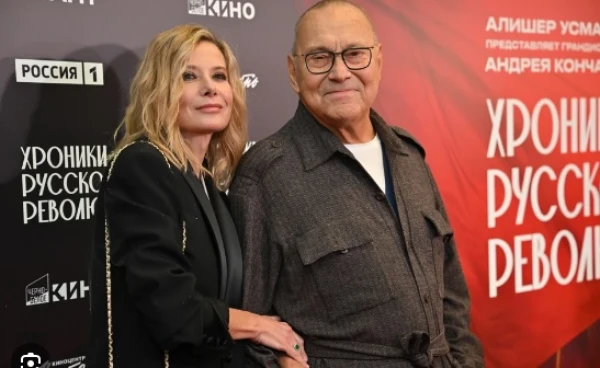
The only positive character in the series is the incorruptible and fearless colonel.
The creator of the series commissioned by 'Russia' is a representative of an ancient noble family. And he probably has the right to present a personal account against the 'Bolshevik coup.' Moreover, Konchalovsky belongs to that generation that first publicly spoke about the ambiguity of the events of the early 20th century. Many remember the discussion among intellectuals during the perestroika era, which quickly devolved into liberal chatter and then to posts by poorly educated bloggers. Did the 88-year-old master want to close the gestalt for his peers with his epic work? But Andrei Sergeyevich is also a worthy member of his family, which knows how to be useful to the authorities. Thus, the 'Chronicles' could have been conceived, for example, as a visual accompaniment to a unified history textbook.
As soon as the Start platform released the first episodes, a wave of criticism, sometimes bordering on sarcasm, descended upon their author. He was accused of caricaturing historical figures (Lenin, in particular, who came across as fidgety and cowardly), of mixing plot lines and the vagueness of certain episodes. In the strange choice between the most important events and the related heroes, the latter were favored (for instance, a lot of screen time was devoted to Gapon, but there were not even a few seconds for Bloody Sunday). There were even accusations of light anti-Semitism (Parvus and Trotsky speak to each other in the slang of Odessa anecdotes). Some even decided that Konchalovsky made a comic...
Yet in one of the interviews preceding the premiere, the author warned that this was precisely the effect he was counting on: at first, much would seem incomprehensible to the viewer, but gradually, from episode to episode, everything would begin to acquire logic and meaning. It turns out that one should only answer the question posed in the title after the show concludes. However, it is already possible to speculate why such a significant project appeared precisely now.
When in 2017 the series 'Trotsky' and 'Demon of the Revolution' were released simultaneously, it was no surprise. A century! But now? A century has passed since the death of Ilyich, and no other round dates are in sight. Or is this really an attempt to put a definitive end to a protracted dispute? Perhaps not for everyone, but at least for the generation for whom it seemed important? Unlikely. Konchalovsky could not have failed to notice how, in the tumultuous decade of freedom, the views of many of his contemporaries radically changed.
It seems that the phenomenon of 'Chronicles' may still be linked to society's demand for patriotism and the search for a universal view of the past? Are they not intended, along with a unified school history textbook, to instill in immature minds the simple truth that any revolution, any violent overthrow of legitimate power is abhorrent and leads only to great bloodshed and global calamities? That is why the leader is depicted here as a petty demon, willing to resort to robbery for money.
In an interview, Konchalovsky states that young people do not know who Lenin and Nicholas II are; these figures are indifferent to them. He would like to see an interest in the past rekindled in young men and women. Naturally, the past as seen through his eyes. And since teenagers now perceive visual information more easily than any other, 'film as a communicative retransmitter of information can be one of the main sources of historical knowledge.'
It's not all simple with the youth. Yes, they know little about the past. However, when, in connection with the centenary of the revolution, VTsIOM attempted to find out how we relate to it today, it turned out that the same number of citizens (43%) evaluate the significance of October positively as negatively. And this is after the fierce anti-communist propaganda of the 1990s! Moreover, the proportion of young people who rated the 'Aurora's salvo' positively was even higher than that of the middle generation. And although only 15% of respondents expressed a desire to actively support the Bolsheviks in response to the specific question: 'What would you do if the October Revolution were happening before your eyes?', who knows how everything would have turned out if such a calamity occurred in reality! Before the well-known events, Lenin's party was also considered small and weak.
However, it is hardly reasonable to seriously assume that 'Chronicles' could have any significant impact on young viewers. They are unlikely to watch the series at all. The short vignettes that abound in the series pale in brightness and conciseness compared to TikTok videos. Unless, of course, schools organize 16 'lessons on the important' specifically for it...
But could 'Chronicles' simply be an artistic statement? Given that the only positive character in the series is the incorruptible and fearless colonel, a special agent of the security service endowed with special powers by the emperor himself, one can already speculate on the reasons why 'revolution' for Konchalovsky ends with Lenin's death. Probably, the main conclusion of the project will be as follows: the state needs strong rulers and loyal servants. And those who do not share this point of view must either be re-educated or destroyed. It is no coincidence that the working title of the series was 'Heroes and Degenerates.'

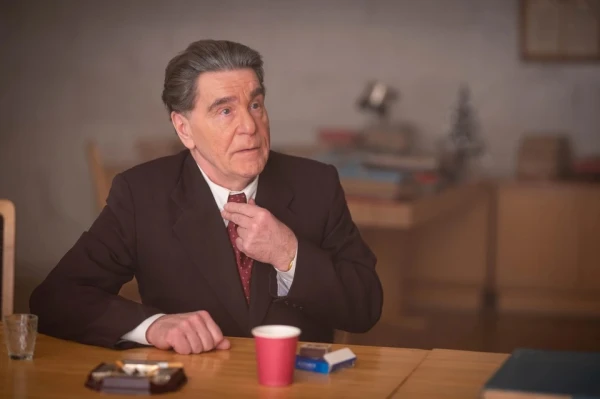



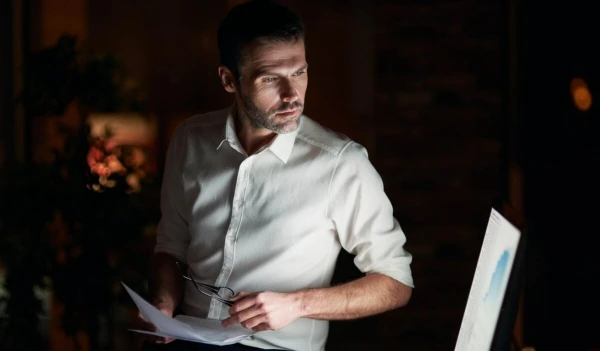


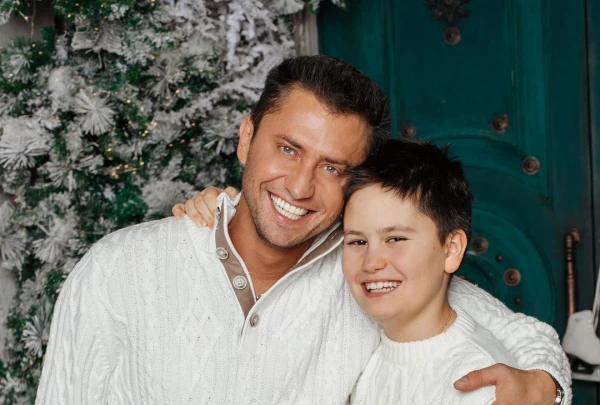

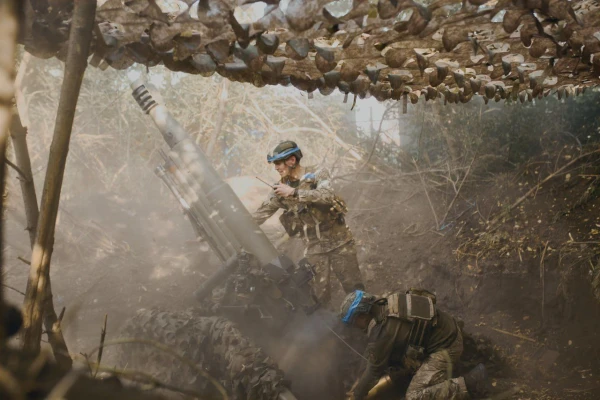



Leave a comment